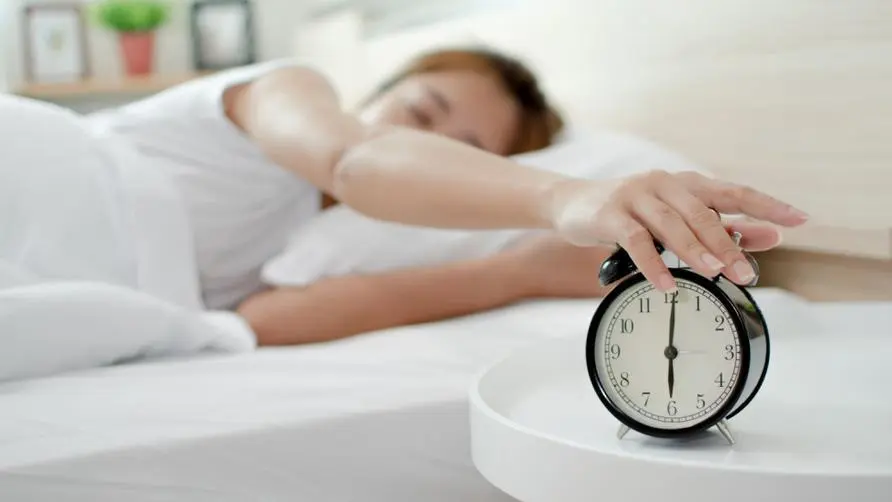Is there a solution to sleep deprivation? 10 minutes of meditation equals 40 minutes more sleep, 3 actions to avoid sluggishness

A quarter of Taiwanese people have sleeping problems. Can meditation help relieve fatigue?
Too much pressure at work and nowhere to vent? Be careful of affecting sleep quality and causing insomnia! According to a poll by the “Taiwan Suicide Prevention Association”, nearly 25% of Taiwan’s population has sleep problems, and about 500,000 people have suffered from “severe sleep problems” in the past week. If you tend to feel listless at work, “meditation” may be one of the solutions to boost your energy.
A study from Oregon State University in the United States pointed out that if you don’t get enough sleep or suffer from long-term sleep problems, “meditation” can relieve a certain degree of fatigue.
Entrepreneur experiment found that practicing for 10 minutes is equivalent to sleeping for 40 minutes more
Study author Charles Y. Murnieks said that modern people are often very busy and rarely have time to take a nap. The team therefore asked 105 entrepreneurs in the United States and continuously tracked their sleeping habits, hours of sleep and fatigue levels, as well as whether they had practiced meditation or mindfulness therapy.
The results showed that more than 40% of the subjects worked more than 50 hours on average per week and slept less than 6 hours per night. The study found that even if the number of sleep hours was shorter, the fatigue level of regular meditators was significantly reduced, and the higher the frequency of practice, the lower the fatigue.
Murnieks said the data shows that adding 70 minutes of meditation practice per week is equivalent to about 300 extra minutes of sleep. In other words, practicing for about 10 minutes a day is equivalent to providing 40 minutes of sleep. In a second group of 329 workers, similar conclusions were reached.
Lack of sleep due to stress, “478” exercise method helps regulate body and mind
The research team further pointed out that people who get enough sleep but are still exhausted are rarely helped by meditation practice. “If you feel stressed and sleep too short, you can compensate to some extent through meditation or mindfulness practice,” says Murnieks.
As for how to adjust the body and mind through meditation practice? The research team recommends adopting the “478” exercise method. The steps are as follows:
First breathe in through your nose and count silently in your mind for 4 seconds.
Hold your breath for 7 seconds.
Exhale slowly from your mouth for 8 seconds.
Continue repeating until your body is completely relaxed.
Know how much sleep you need Harvard recommends adjusting your diet
According to the sleep recommendations put forward by Harvard Medical School, if you often feel sleep deprived and depressed, you can try to understand how much sleep you need to reduce the time you spend in bed repeatedly, which will help you fall asleep quickly and improve your sleep quality.
How does the average person test how much sleep they need? Harvard Medical School recommends trying to avoid napping or sleeping during the day on the day of the test. The first night you go to bed later than usual, but you can only sleep for 4 hours. If you feel that the quality of 4 hours of sleep is better than usual, add 15 to 30 minutes to the next day until you test how long you can sleep for. , to maintain the best mental state after waking up.
In addition, Harvard University Hospital also recommends eating more low-glycemic foods, including whole grains, high-fiber vegetables, nuts and healthy oils, to reduce post-meal sluggishness. The emotions caused by stress will cause the body to consume a lot of energy. Practicing more meditation, yoga, and Tai Chi can relieve stress. Appropriate brisk walking can increase the concentration of dopamine in the brain, and can also help improve mood and sleep quality.
source:
9 tips to boost your energy — naturally
Further reading:
Don’t blame yourself when you encounter setbacks! Study: Women’s “self-compassion” reduces carotid cardiovascular risk





